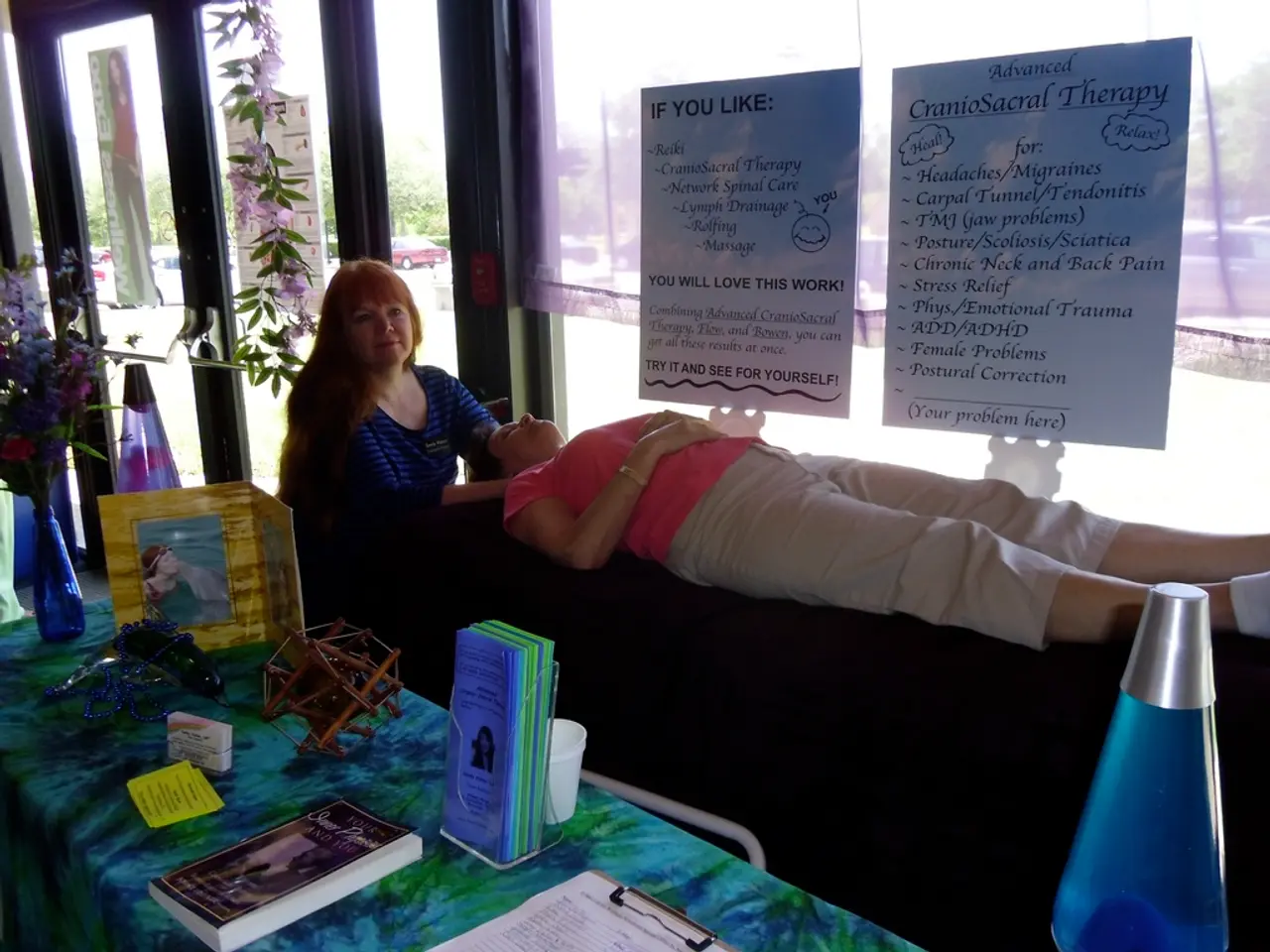Strategies for Managing Life with a Disability
In a world where everyone is unique, some individuals face unique challenges due to their disabilities. However, navigating these challenges can be made easier with the right strategies and resources. This article explores practical and affirming approaches to coping with a disability, focusing on self-compassion, routines, advocacy, social connections, and finding a sense of purpose.
Firstly, self-compassion is a powerful tool in managing the emotional rollercoaster that comes with living with a disability. Techniques such as deep breathing, meditation, and progressive muscle relaxation can help reduce stress and emotional overwhelm, promoting overall emotional well-being. By being gentle with oneself and acknowledging challenges without harsh self-judgment, individuals can foster resilience.
Secondly, establishing consistent routines is crucial for managing executive functioning difficulties. Breaking down tasks into smaller, manageable steps and prioritizing tasks effectively can help individuals maintain a balanced lifestyle and prevent burnout. Using timers or reminders can keep daily activities on track, while consistent routines provide structure that can reduce anxiety and increase independence.
Advocacy is another essential strategy for coping with a disability. This involves self-advocacy to communicate needs for accommodations at work, school, or in healthcare settings. Whether it's requesting flexible hours, quiet spaces, or assistive devices, empowering oneself through knowledge of rights and resources reduces stress and promotes autonomy. Participating in disability affirmation groups can also strengthen identity and advocacy skills through shared learning and community support.
Social connections are vital for emotional support and reducing isolation. Engaging in culturally relevant and accessible programs or support groups fosters meaningful social bonds and inclusion. Building resilient communities around shared experiences of disability enhances well-being. Unfortunately, systemic barriers such as financial constraints may impact access, but seeking out friends, peer groups, and online communities that affirm one's experience and identity can help overcome loneliness.
Lastly, finding purpose involves engaging in hobbies, volunteering, or work that aligns with personal values and strengths. Activities such as painting, gardening, or creative pursuits serve as calming outlets and build a sense of achievement and identity beyond disability.
Organisations such as the ADA National Network, Yoocan, The Arc, Disability:IN, ILRU, the American Civil Liberties Union (ACLU), and the National Disability Rights Network (NDRN) offer valuable resources for those seeking emotional support and affirming networks. The Disability Rights Fund also supports disability rights movements and drives change through peer and collective learning.
Remember, feelings about living with a disability can change and are valid, including grief, anger, confusion, acceptance, and pride. Leaning on relationships that are built on mutual respect and offer emotional safety and validation is important. Don't forget that the Americans with Disabilities Act (ADA) protects individuals from discrimination and ensures access and inclusion.
In conclusion, a holistic approach to coping with disability affirms identity, promotes independence, and enhances quality of life through practical, emotional, and social means. By embracing self-compassion, establishing routines, engaging in advocacy, fostering social connections, and finding a meaningful sense of purpose, individuals can navigate their lives with confidence and resilience.
Online therapy and mental health resources can be beneficial for managing the emotional impacts of living with a disability. Websites that offer mental health support, education-and-self-development, and personal-growth strategies can provide valuable coping mechanisms.
Incorporating science in health-and-wellness routines, such as using assistive devices or digital tools, can help manage executive functioning difficulties and promote mental well-being. The right resources and adaptive strategies can help individuals navigate daily tasks effectively.
Advocating for one's own needs through self-advocacy and education on disability rights can lead to increased independence and autonomy. Engaging with disability-focused organizations and participation in education-and-self-development programs can empower individuals and strengthen the disability community as a whole.




